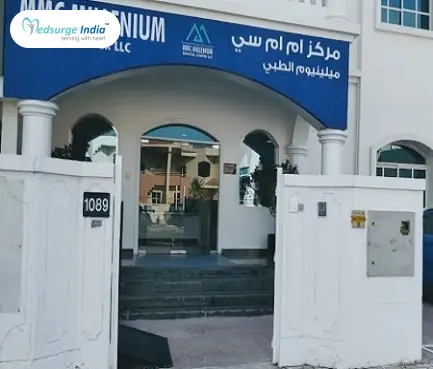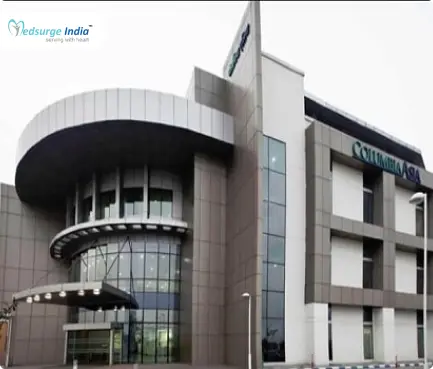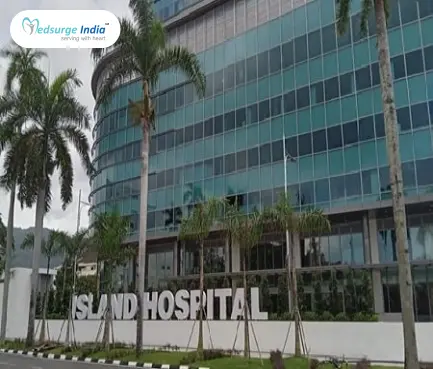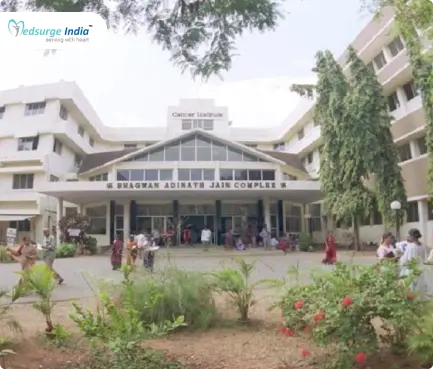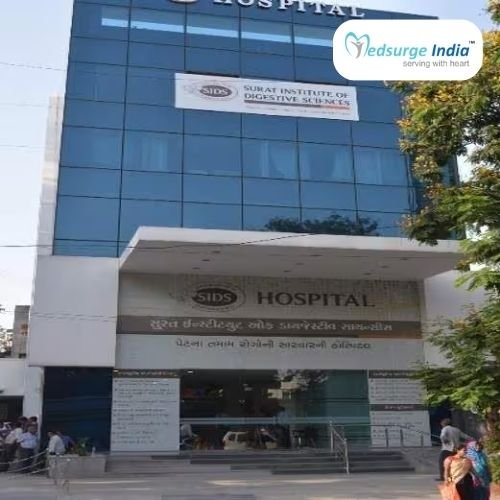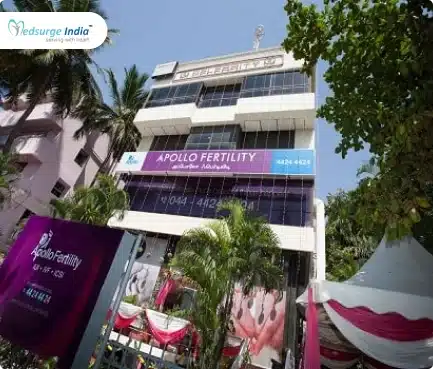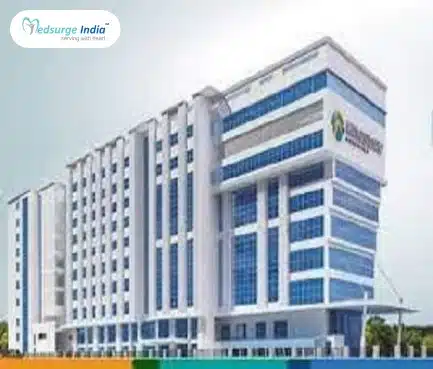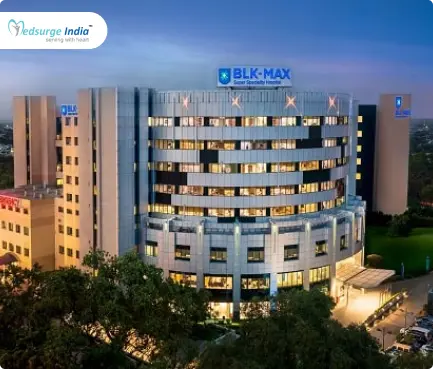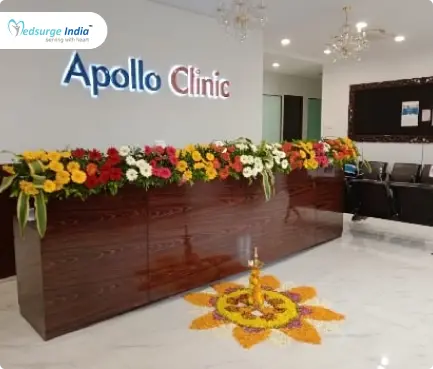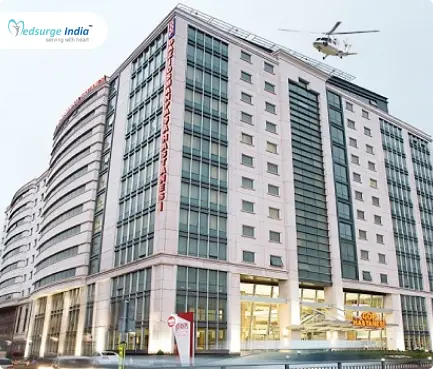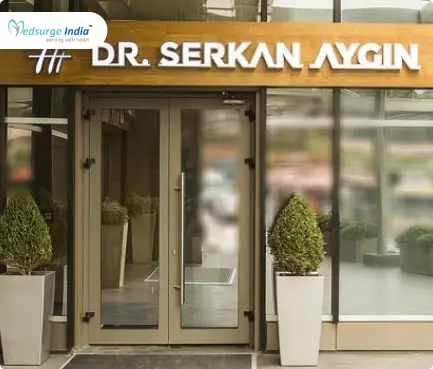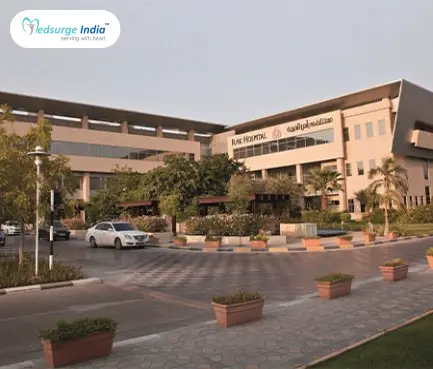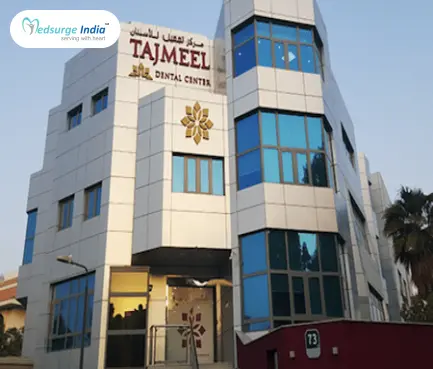
Kidney failure (also known as renal failure) occurs when one or both kidneys no longer function properly. Kidney failure can be temporary and strike suddenly. It can also be a chronic condition that worsens with time. Kidney failure is a serious condition. Acute Kidney Failure Treatment in India like dialysis and kidney transplants, on the other hand, allow many patients with impaired kidney function to enjoy full lives.
The cost of acute kidney failure treatment in India is determined by the method used to treat the disease, the patient’s health, and the stage of the disease.
What Is Acute Kidney Failure?
Kidneys are bean-shaped organs that are around the size of a fist. They are situated under your ribcage, toward the back of your body. Most people have two functioning kidneys, but as long as one of them is functioning properly, they can live happily.
Acute kidney failure occurs when the kidneys’ ability to remove excess salts, fluids, and waste materials from the blood is suddenly lost. The major function of your kidneys is to eliminate waste. When the kidneys lose their filtering ability, body fluids can rise to dangerous levels. Electrolytes and waste material will build up in your body as a result of the disorder, which can be life-threatening.
Acute kidney failure in India is also known as acute renal failure or acute kidney damage. It’s prevalent in persons who have recently been admitted to the hospital. It may happen in a matter of hours. It can also take a few days to weeks to develop. Acute renal failure is most common in people who are very unwell and require intensive care.
Acute renal failure is potentially fatal and requires immediate medical attention. It may, however, be undone. If you’re in good health otherwise, recovery is possible.
What Are the Symptoms of Acute Kidney Failure?
Many persons with kidney disease have little or no symptoms in the early stages. It’s crucial to remember that even if you feel fine, chronic kidney disease can still cause damage.
Many people have different symptoms as a result of chronic kidney disease and renal failure. You may notice one or more of the following symptoms if your kidneys are not performing properly:
- Stools with blood
- Breath Odour
- Sluggish, slow movements
- Fluid retention or widespread swelling
- Fatigue
- Pain between the ribs and the hips
- Tremor in hands
- Easily bruised
- Changes in mental health or mood, particularly in the older adults
- Reduced appetite
- Diminished sensation, particularly in the hands and feet
- Extended bleeding
- Seizures
- Nausea
- Vomiting
- Blood pressure problems
- A metallic taste in the mouth
What Are the Causes of Acute Kidney Failure?
Diabetes and high blood pressure are the most common causes of kidney failure. However, kidney failure might strike suddenly due to an unanticipated cause.
Acute kidney failure occurs when the kidneys lose function suddenly (within hours or days) (or acute kidney injury). Kidney failure of this type is usually only transient. Acute kidney failure in India can be caused by a variety of factors, including:
- Kidney autoimmune disorders
- Several drugs
- Severe Dehydration
- A blockage in the urinary tract
- Heart and liver disease are examples of uncontrolled systemic diseases.
Kidney failure does not normally occur overnight. Chronic kidney disease is a set of diseases that alter the way your kidneys function over time. Chronic kidney disease can progress to kidney failure if left untreated.
Chronic renal disease is the leading cause of kidney failure:
- Diabetes: Unmanaged blood sugar levels can result from uncontrolled diabetes. Blood sugar levels that are consistently high can harm the body’s organs, especially the kidneys.
- High blood pressure: HBP (hypertension) is a condition in which blood flows more forcefully through your body’s blood vessels. Untreated high blood pressure can harm the tissue of the kidneys over time.
Chronic renal disease can also be caused by:
- Polycystic kidney disease is a hereditary condition where cysts (fluid-filled sacs) grow inside your kidneys.
- Glomerular disorders limit the kidney’s ability to filter waste, such as glomerulonephritis.
- Lupus and other autoimmune diseases can have a wide range of effects on the body.
Acute Kidney Failure Treatment Cost in India
On average, Acute Kidney Failure Treatment Cost in India starts from USD 4500. The cost of Acute Kidney Failure Treatment in India will depend on the type of hospital or the location you choose.
Estimated prices depending on different cities in India
| Cities | Starting Price |
| Delhi | USD 4500 |
| Gurgaon | USD 4500 |
| Noida | USD 4600 |
| Mumbai | USD 4700 |
| Hyderabad | USD 4500 |
| Chennai | USD 4500 |
| Kolkata | USD 4500 |
| Bangalore | USD 4700 |
Note: Do remember that the pricing and the treatment for Acute Kidney Failure Treatment cost in India will vary depending on the patient’s choice and other various factors.
Factors That Can Affect Acute Kidney Failure Treatment Cost in India
The following here are some variables that can affect Acute Kidney Failure Treatment Cost in India:
- Medication costs.
- Duration of treatment.
- Geographical location.
- Hospitalization expenses.
- Government policies and subsidies.
- Medical tourism packages.
- Hospital reputation and infrastructure.
- The expertise and experience of medical professionals.
- The type and frequency of diagnostic procedures.
- The choice of treatment modality.
Furthermore, even the standard and grade of medical care and amenities are comparable to those of the most prestigious healthcare facilities in the world, even when the expense of lodging, meals, and transportation is taken out. Also, under the direction of the most skilled physicians, Medsurge India provides patients with the lowest Acute Kidney Failure Treatment Cost in India.
How Is Acute Kidney Failure Diagnosed?
- Generalized swelling is a symptom of acute renal failure. Fluid retention causes swelling.
- Your doctor may detect crackling in your lungs using a stethoscope. Fluid retention could be indicated by these noises.
Laboratory test results may also reveal abnormal values that are different from the baseline. Some of these tests include:
- Blood urea nitrogen (BUN)
- Serum potassium
- Serum sodium
- Estimated glomerular filtration rate (eGFR)
- Urinalysis
- Creatinine clearance
- Serum creatinine
The best way to diagnose acute renal failure in India is via an ultrasound. However, an abdominal X-ray, CT scan, or MRI can all assist your doctor to figure out if you have a blockage in your urinary tract. A number of blood tests can indicate the causes of acute kidney failure.
Get Free Cost Estimation
Procedure
How Is Acute Kidney Failure Treated?
Treatment for kidney failure is influenced by the nature and severity of the problem. Kidney disease can be slowed down by treating a chronic medical condition. Your doctor may use one or more measures to monitor your health if your kidneys begin to lose function gradually. Your doctor can help you retain kidney function for as long as possible by constantly monitoring you.
Your doctor may use the following tools to evaluate your kidney function:
- Regular blood testing
- blood pressure checks
- Medication
People with kidney failure require treatment to stay alive because the kidneys play such a crucial function. The following are the most common therapies for renal failure:
Dialysis: A treatment that assists the body in filtering the blood (doing the job that the kidneys can no longer perform).
- Hemodialysis: A machine cleans your blood on a regular basis in hemodialysis. This renal failure medication is usually given three or four times a week at a hospital or dialysis center.
- Peritoneal Dialysis: It uses a catheter and a dialysis solution to clean the blood in a somewhat different way. People can sometimes receive treatment at home.
Kidney Transplant: During kidney transplant surgery, surgeons implant a healthy kidney into your body to replace your damaged organs. This healthy kidney, known as a donor organ, can originate from either a deceased or living donor, such as a friend or family member. With one healthy kidney, people can live happily.
Treatment of Kidney disease in India can be done in a variety of ways. Dialysis is usually permanent, however, it is not always. Acute kidney failure can be improved with medication, but chronic kidney failure causes serious damage to the kidneys, which cannot be repaired even with dialysis. The patient’s own body may reject the new kidney after a transplant.
Prevention
While chronic kidney disease cannot be reversed, there are numerous things you can do to assist preserve the kidney function you have now. Healthy habits and routines may help to reduce the rate at which kidneys lose their ability to function.
You should do the following if you have chronic renal disease or kidney failure:
- With the help of your doctor, keep track of your kidney function.
- If you have diabetes, keep your blood sugar levels under control.
- Keep your blood pressure in a healthy range.
- Do not smoke.
- Make smart dietary choices, such as reducing protein and sodium-rich foods.
The Most Important Frequently Asked Questions
Q: Can You Live with Acute Renal Failure for a Long Time?
A: Without treatment, acute failure can lead to death within a few days to a week. If CKD progresses quickly and the patient refuses therapy, the patient’s life expectancy may be only a few years.
Q: What Is the Main Purpose of Acute Renal Failure Treatment?
A: Renal function preservation and optimization; correction and maintenance of electrolyte, acid-base, and mineral homeostasis; minimization of secondary organ damage from AKF; and management of effects of decreased renal function are all treatment goals in patients with AKF.
Q: What Causes Acute Renal Failure So Quickly?
A: Kidney failure can occur suddenly or gradually over time. Diabetes, high blood pressure, exposure to high doses of medicine, acute dehydration, kidney trauma, and other factors are all possible causes of kidney failure.
Q: Is It Advantageous for Your Kidneys to Drink a Lot of Water?
A: Water aids in the removal of wastes from the bloodstream via urine. Water also keeps your blood arteries open, allowing blood to freely flow to your kidneys and provide vital nutrients. However, if you become dehydrated, this delivery mechanism becomes more difficult to use.
Q: Is Coffee Beneficial to the Kidneys?
A: Caffeine, which can be found in coffee, tea, soda, and some foods, can put a strain on your kidneys. Caffeine is a stimulant that causes increased blood flow, blood pressure, and kidney stress. Kidney stones have also been linked to excessive coffee consumption.
Top Hospitals for Acute Kidney Failure Treatment in India
Top Doctors for Nephrology
Dr. Sanjay Maitra
Consultant
Experience: 22 years of experience
Apollo Hospitals, Jubilee Hills Hyderabad
Hyderabad, India
Dr. Ajit Singh Narula
Director
Experience: 30 years of experience
Fortis Escorts Hospital New Delhi
NewDelhi, India
Dr. Dinesh Mittal
Senior Consultant
Experience: 25 years of experience
Fortis Hospital Delhi Shalimar Bagh
New Delhi, India
Dr. Ramachandra. P.
Consultant
Experience: 20 years of experience
Sparsh Hospital (Yeshwanthpur) Bangalore
Bangalore, India
Dr. Soundararajan Periyasamy
Senior Consultant
Experience: 36 years of experience
Apollo Specialty Hospital Vanagaram, Chennai
Chennai, India
Dr. Y. Sandeep Reddy
Consultant
Experience: 12 years of experience
Gleneagles Global Hospital L.B. Nagar, Hyderabad
Hyderabad, India
Dr. Nimish Gupta
Consultant
Experience: 17 years of experience
Metro Hospital and Heart Institute, Faridabad
Faridabad, India
Dr. Tanima Das Bhattacharya
Senior Consultant
Experience: 22+ years of experience
Narayana Superspeciality Hospital, Shibpur, Howrah
Howrah, India
Dr. Govardhan D Gupta
Senior Consultant
Experience: 16+ years of experience
Narayana Multispeciality Hospital, Barasat, Kolkata
Kolkata, India
Dr. Harbinder Singh
Associate Consultant
Experience: 10 years of experience
Primus Super Speciality Hospital, New Delhi
New Delhi, India
Dr. Kishore Babu S
Consultant
Experience: 19 years of experience
Manipal Hospital (Old Airport Road) Bangalore
Bangalore, India
Dr. B. Sudhakar
Consultant
Experience: 30 years of experience
Aster Prime Hospital, Hyderabad
Hyderabad, India

